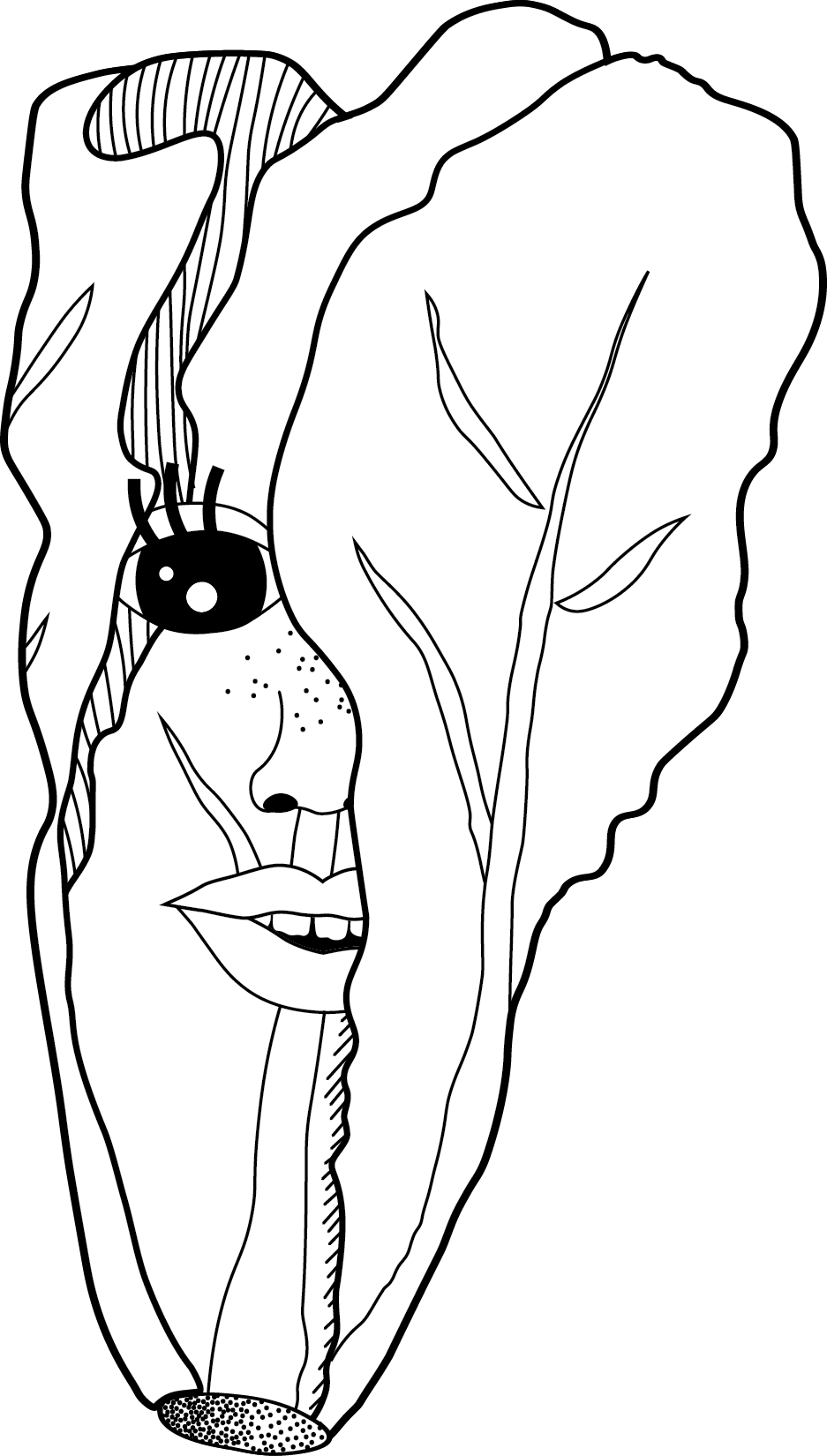For Savta
By: Niva Ashkenazi
When the moment finally came, I was making pasta in the kitchen. I heard my mother gasp, I saw from the corner of my eye that she was looking at her phone.
“What is it?”
“Grandma died”
It was like the step stool knew the moment was coming. It was so perfectly positioned, all she had to do was squat down, and she was sitting directly on it. I was worried that she might faint otherwise, so out of instinct I left the stove — pot and pan sizzling — knelt down, and hugged her.
My first thought — the very first thing the voice in my head decided to say to me — was
“It’s ok, I’ve been preparing for this moment, and I’m ready now.”
When the moment finally came I thought I had already accepted it – I felt no shock or denial or the need to bargain or anger or depression. I had repeated the scenario countless times over in my head, as if I could in some way gain control of this moment I couldn’t possibly predict.
“If I simply pre-grieve the moment, I will be prepared for its destined arrival. I won’t cry, I won’t throw a fit. I’ll calmly accept fate as it has been delivered.”
I thought I felt acceptance, but in truth I felt nothing.
One text sent from thousands of miles away triggers a surge of phone calls. From one family member to another, from one continent to the other. And yet the world outside is just as it was moments ago. Calm, quiet, peaceful, undisturbed.
_______________
Since my grandmother died I lost all sense of time.
Only a few days later the denial that I so forcefully tried to avoid settled in. And in its fog I had to watch the funeral. Through a cell-phone video streamed to a conference call on a computer screen. Too many degrees of separation away to overcome Denial. In numb disbelief I stare at the nameless, impossibly narrow coffin, then at the sign post of her name by the grave.
The coffin is lowered and the soil spills over, and I want to look away. But precisely at this moment the camera points directly down, where I wouldn’t have dared to look.
If only I was there physically.
_______________
My grandmother always treated me with a love so intense and overwhelming I often did not know how to reciprocate it. It was a love that smothered in its fanaticism, and preoccupied her to talk about nothing else but all of the tender memories of me as a baby that she repeatedly played to herself in her mind.
“Isn’t she a beautiful baby?” She says to my grandfather one day as we walk down the street, as if I’m not walking next to her. As if I still am that baby, and not the full-grown 22-year-old whose arm she held to keep her balance. I try to remind her,
“But savta, I’m not a baby anymore!”
And in a most sober, lucid voice, she responds:
“Yes you are. You were always a baby. Ever since you were born you were a baby.”
At a certain point in time I came to the realization that there was nothing new left for me to say to her, and there wasn’t really anything new that she was interested in hearing from me. So in the final years of her life, I did become this eternal baby in her eyes, perfect and without age.
But this image of me was not confined to her mind. My grandparents have surrounded themselves with images of their grandchildren as babies since the day we were born. The photos that to them were traces of pleasant memories haunted me, appearing increasingly like a scene out of Great Expectations. Rooms filled with dusty objects and images of the past – images of my brother and I at every corner, on every shelf and wall. Sitting in that apartment and listening to my grandmother’s stories was suffocating for me, every time.
_______________
When the moment finally came, she surprised us all, even the doctors, who could never determine her cause of death. I didn’t witness the final moments leading up to her death, instead I heard horror stories of her fury and agony. When the moment finally came and the horror wore off I began to take comfort in the fact that for once, she clearly wasn’t thinking of me.
She wasn’t thinking about whether it was the right time to die, whether or not she wanted to see her grandchildren one final time, whether or not they will be able to come to the funeral if she died right then and there, whether or not they were worrying about her. Instead of withstanding the pain she felt, she preferred to leave with death.
As her condition worsened, I like to imagine her conversing with death, realizing the opportunity being laid before her; the chance to exit, to leave on her own accord. And how decisive was she in her death! To leave us behind, without ever explaining to us how or why she did it. Only from the chaos she stirs can I perceive her sudden death as a decision and respect it. When my moment comes I hope I get to see her again, so that she may finally reveal her secrets.
And maybe, if she’s up for it, call me a “beautiful baby” once more.
